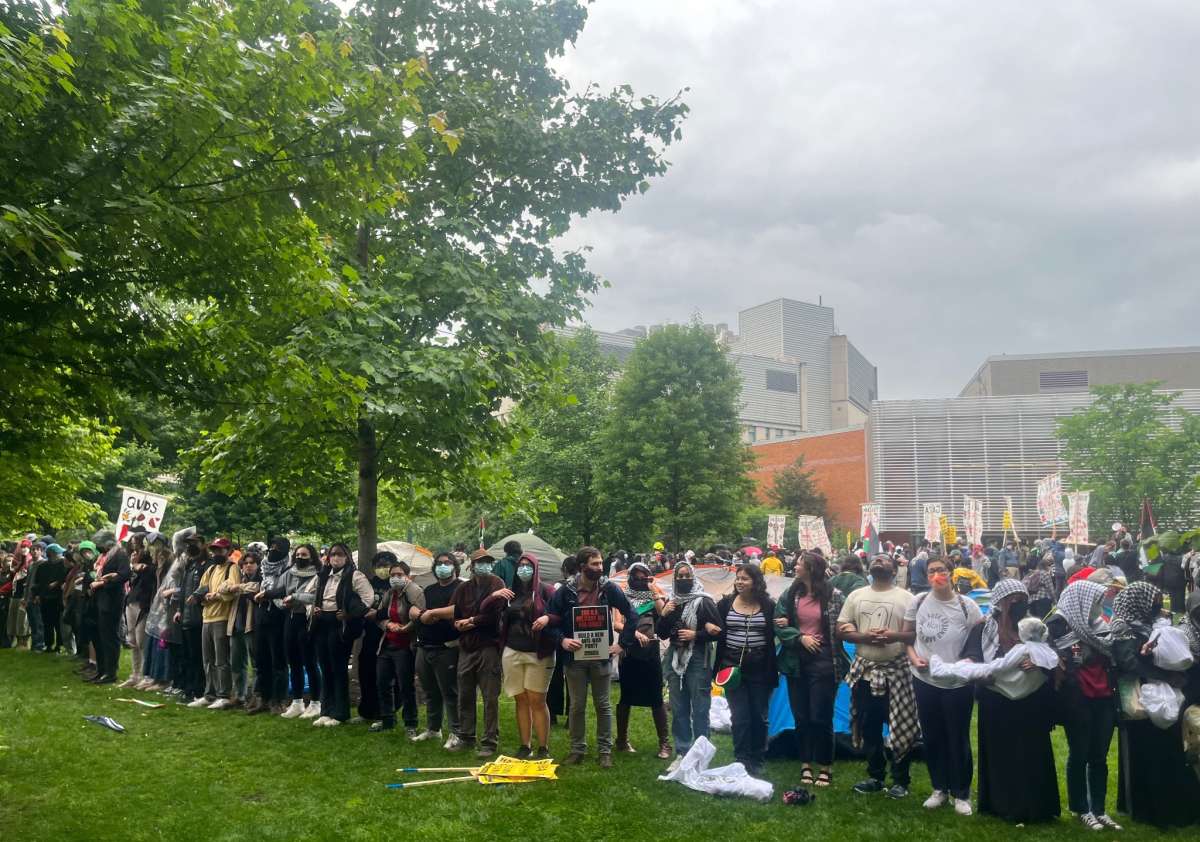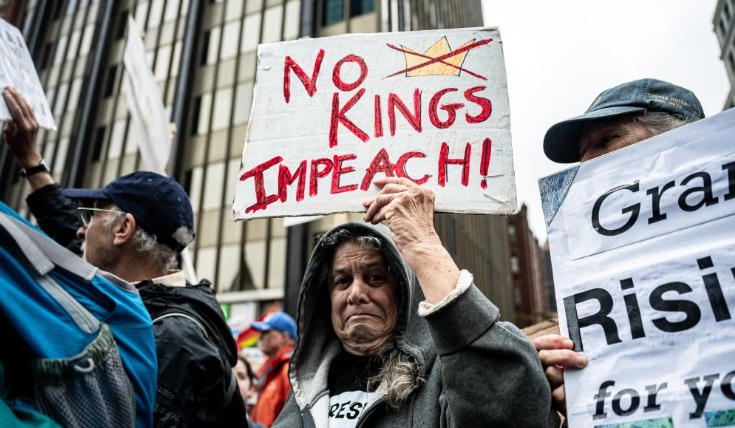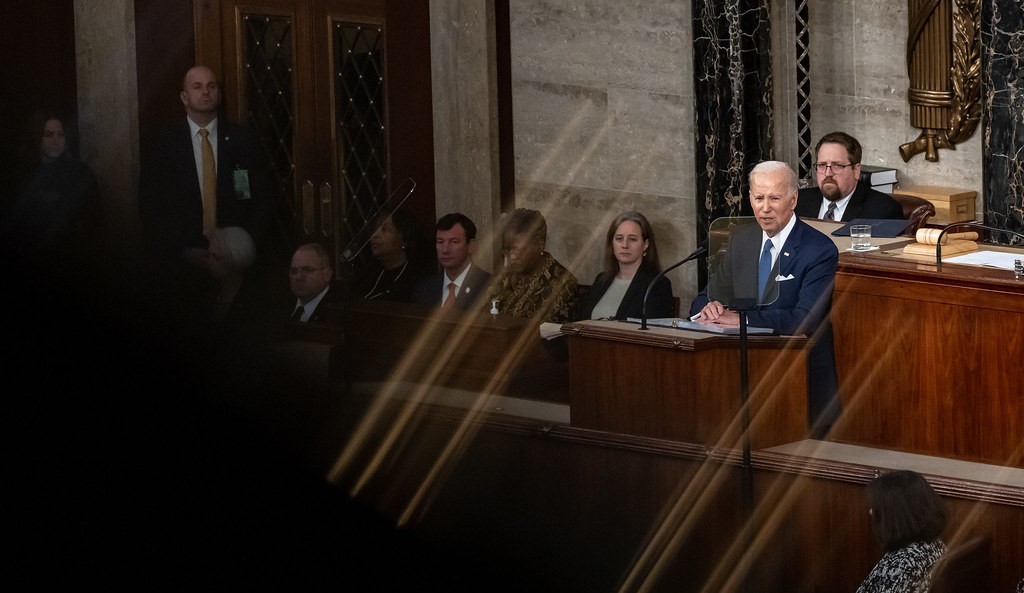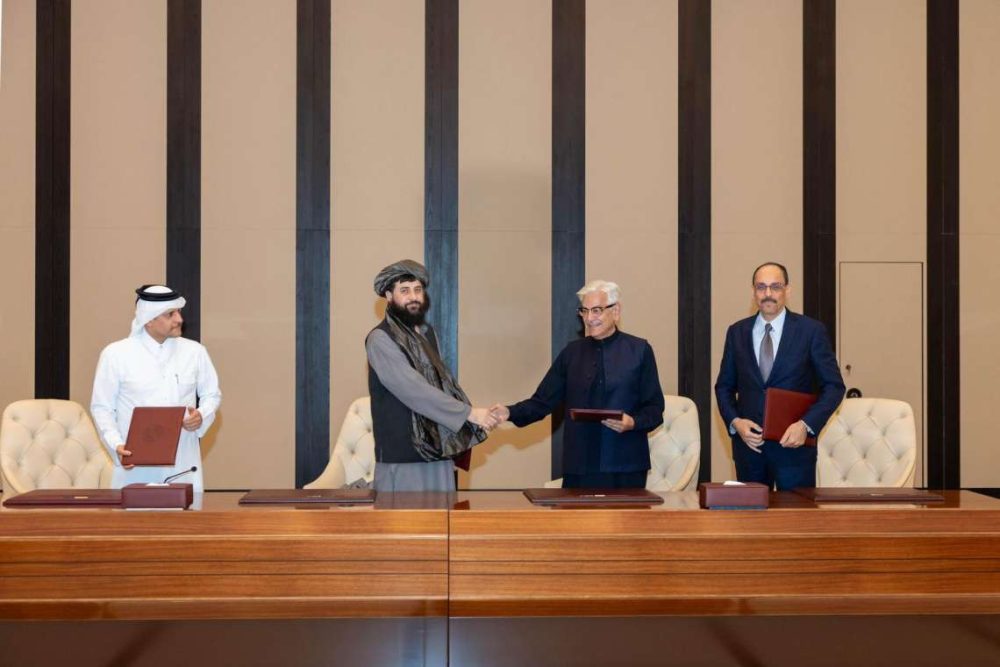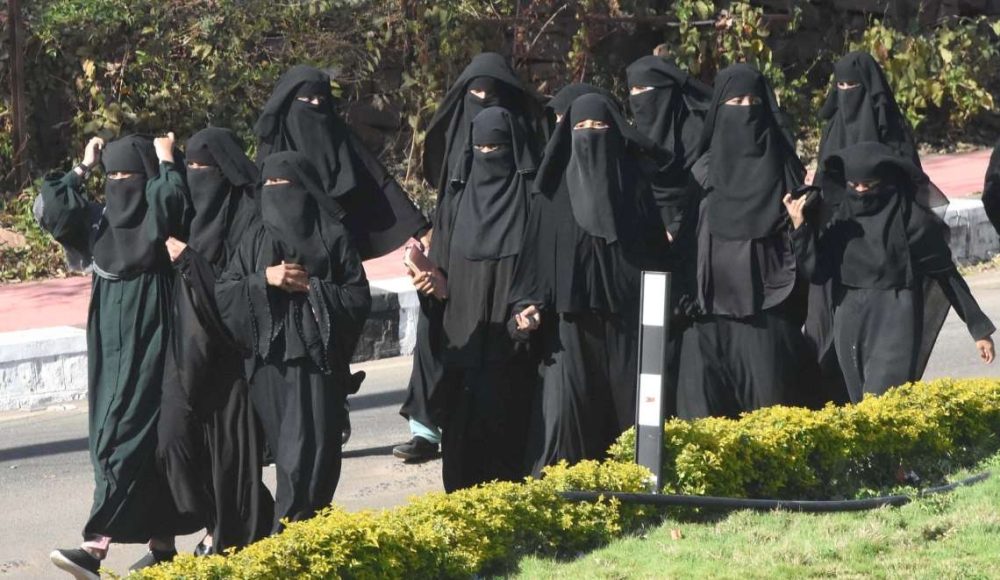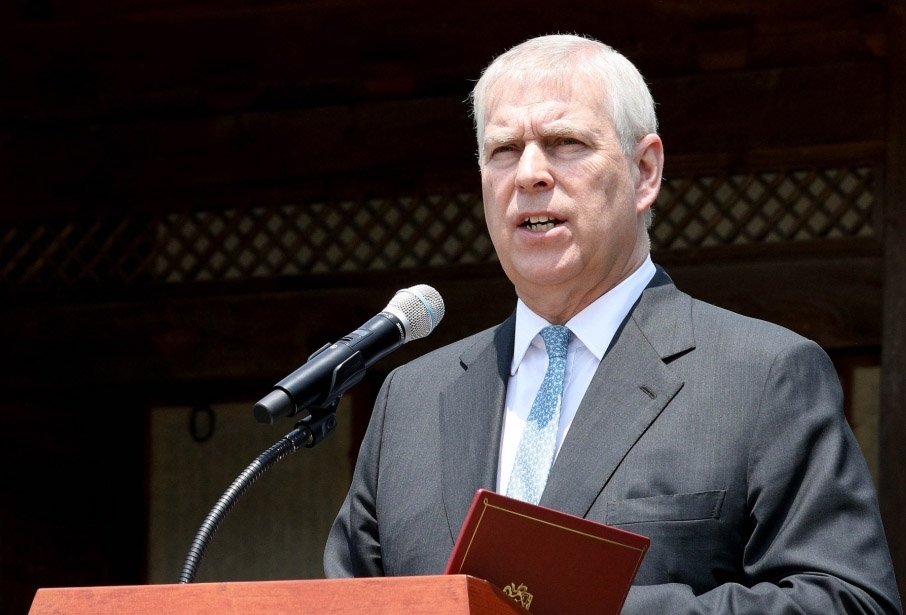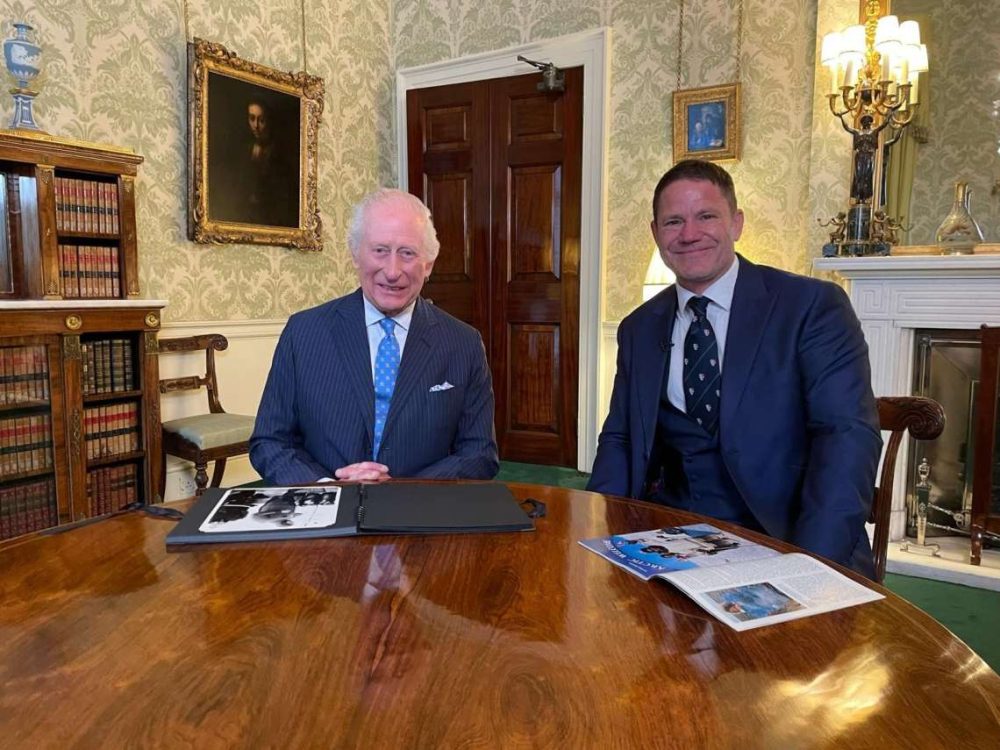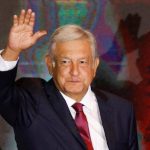Drexel President John Fry said the encampment had disrupted campus life and “cannot be allowed to remain in place….reports Asian Lite News
Drexel University in Philadelphia threatened to clear an encampment of pro-Palestinian protesters on Monday as arrests linked to campus demonstrations against the Israel-Hamas war surpassed the 3,000 mark nationwide.
Drexel President John Fry said the encampment had disrupted campus life and “cannot be allowed to remain in place.” Fry called on protesters to leave immediately but said in a statement Monday night that he had authorized “all necessary steps to clear the encampment safely.” He did not say when that might happen.
Classes at Drexel were held virtually on Monday as police kept watch over the demonstration on the school’s Korman Quad. Many Drexel employees were told to work from home.
Students and others have set up tent encampments on campuses around the country to press colleges to cut financial ties with Israel. Tensions over the war have been high on campuses since the fall but demonstrations spread quickly following an April 18 police crackdown on an encampment at Columbia University.
More than 3,000 people have been arrested on U.S. campuses over the past month. Campuses have been calmer recently, with fewer arrests, as students leave for summer break. Still, colleges have been vigilant for disruptions to commencement ceremonies.
At Drexel, which has about 22,000 students, Fry said protesters “have created a hostile, confrontational environment by subjecting passersby to antisemitic speech and by issuing several ‘demands’ that have unacceptably targeted individual members of our faculty and professional staff” as well as Jewish groups on campus. He previously threatened disciplinary action against Drexel students participating in the protest.
The Drexel protesters’ demands ranged from the university administration calling for a ceasefire in Gaza and divesting from companies that do business with Israel, to abolition of the Drexel police department and termination of the school’s chapter of Hillel, the Jewish campus organization, and another Jewish campus group, Chabad.
The Drexel Palestine Coalition had no immediate response to Fry’s ultimatum. The protest organizers said on Instagram in response to an earlier statement from Fry that “it is slander to accuse the encampment of ‘hateful’ or ‘intimidating’ actions when we have done neither.” The group accused Drexel and city police of harassment and intimidation. A pro-Palestinian group of faculty and staff also blasted Fry on Monday for shuttering campus facilities and said the encampment was “not disruptive to learning.”
Drexel planned a “phased return” to normal operations on Tuesday, with labs and some other classes to be held in person and lecture classes to stay remote.
Elsewhere, graduate students at the University of California, Santa Cruz, went on strike Monday as part of a rolling, systemwide protest over how administrators have responded to pro-Palestinian encampments, including arrests of protesters at the Los Angeles, San Diego and Irvine campuses.
Philadelphia District Attorney Larry Krasner, meanwhile, declined to charge four University of Pennsylvania protesters who were among 19 arrested Friday night, citing a lack of evidence submitted by campus police. Krasner’s office approved misdemeanor charges against three others. The remaining 12 arrested Friday night were given citations for failing to disperse.
Penn’s main commencement ceremony was held Monday under tightened security and a ban on flags and signs. There were no disruptions.
University of California academic workers strike
Graduate students at the University of California, Santa Cruz walked off their jobs and went on strike Monday, the first campus to do so as part of a systemwide protest against a public university they say has violated the speech rights of pro-Palestinian advocates.
United Auto Workers Local 4811 represents 48,000 graduate students who work as teaching assistants, tutors, researchers and other academic employees on the 10-campus UC system. Organizers said the campuses will not strike all at once, opting instead for rolling strikes, to protest the arrests and forcible ejection by police of union members who participated in demonstrations calling for an end to the war in Gaza.
Rebecca Gross, a UC Santa Cruz graduate student in literature and union leader, said at least 1,500 people were on strike Monday and had no plans to return to work until the union reaches a deal with the university. Students and researchers are not teaching, grading or working in their labs, and they are withholding data, she said.
“Police were unleashed and given the go-ahead to arrest protesters,” at the Los Angeles, San Diego and Irvine campuses, she said.
University officials say the strike is unlawful and in violation of the union’s contract, which prohibits work stoppages. Both sides have filed unfair labor practice complaints with the California Public Employment Relations Board.
The union is demanding amnesty for all academic employees, students and faculty who face disciplinary action or arrest due to the protests. It’s also seeking divestment from UC’s investments in weapons makers, contractors and companies aiding Israel in its war against Hamas, among other issues.
Tobias Higbie, a labor historian and director of the Institute for Research on Labor and Employment at UCLA, said it is not unusual for unions to flex their muscle over broad workplace issues that are not narrowly tied to wages and benefits.
“They’re not everyday events, and maybe not even every year events,” he said. “But they’re not unheard of.”
The union’s action may be surprising to some, but so was what happened at UCLA earlier this month, Higbie said. On May 1, police in riot gear ordered the dispersal of more than a thousand people gathered on campus to support Palestine, and warned that those who refused to leave would face arrest.
The night before, police had waited to intervene as counter-protesters attacked the pro-Palestinian encampment, causing injuries. California Gov. Gavin Newsom denounced the delay.
Scott Hernandez-Jason, an assistant vice chancellor with UC Santa Cruz, said afternoon classes are being conducted remotely Monday.
“Our primary goal is to minimize the disruptive impact, especially given the many educational and research challenges that have affected students and researchers in recent years,” he said in an email. “Academic and operational continuity is essential to the University of California’s education and research mission and a core responsibility to our students.”
ALSO READ: No Genocide in Gaza, Repeats Biden


